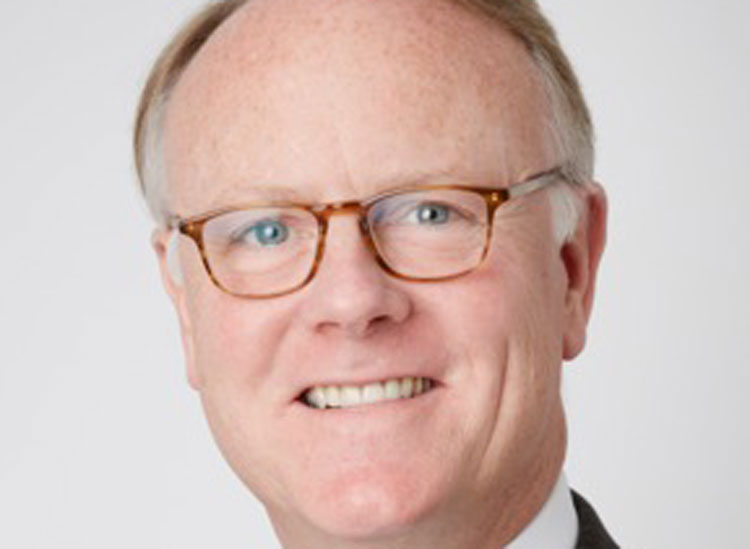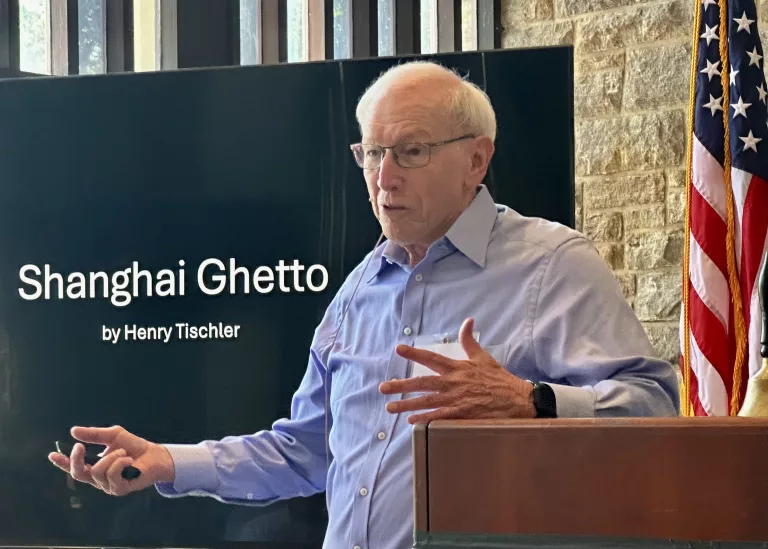
By Dan FitzPatrick
This country has too many lawyers.
Now, as a former attorney myself, I’m certainly not suggesting we follow Shakespeare’s infamous advice voiced by Dick the Butcher to the rebel Jack Cade, “The first thing we do, let’s kill all the lawyers” (Henry VI, Part II, Act IV, Scene II) – in fact, in context, that line has come to be viewed as a backhanded compliment to the inestimable value of attorneys and judges in ensuring order and justice in society. My point is that there are so many people trained in the art and tactics of verbal advocacy that the use thereof has spilled out of the courtroom and into our national discourse, with unwelcome consequences.
The original and fundamental purpose of language is to communicate. The most effective and beneficial communications are clear, direct and unambiguous. They use words with clear meanings, intending them to have those meanings. They incorporate facts (“true” facts?) that are unquestionably true. They generally serve to inform and enlighten, but can also be used to persuade or convince. We call the latter advocacy or opinion. In the press it is referred to as an editorial. When advocating for a position or stating an opinion, there is no expectation of balance or laying out the “other side of the story.” But we do expect both in our general news reporting. In a simpler time, these conventions were followed and a reader knew where to look for facts and where to look for opinion. No longer. We now live in the Orwellian era of “post-truth.” To some extent I blame the lawyers.
It has long been the case that the political class skewed heavily to the legally trained. I’ve noticed recently that this has become true of much of the mainstream media. One result of this is a mind-numbing parsing, dissecting and deconstructing of comments and statements to the point of confusion, and sometimes with the point of distracting or dissembling. No word, however short and simple, is safe – in fact, we actually had a national debate on the meaning of “is.” I call this hyperlegalistification. A bad word for a bad situation.
In addition, and perhaps more troubling — as we have blurred the lines between reporting and advocacy, we have also abandoned any sense of honesty and integrity in debate. We no longer expect balance in our news and countenance the “burying” or even the absence of opposing information in our reporting. Everyone has become too clever by half in advancing their position or bias. The mistake is in thinking that the rest of us do not notice.
An all-too-common phenomenon: A story is printed with an attention-grabbing headline stating a strong or even bold conclusion about a subject of topical interest. The next few paragraphs make the case in support of the conclusion. But note the presence of multiple qualifiers: “may have,” “possibly,” “could,” “reportedly,” “suggests,” “on good authority,” “sources speaking on the condition of anonymity because not authorized to comment.” Then, buried deep at the end of the article comes the faintest nod to the principle of fairness: “authorities have found no evidence of culpability as yet.” Those last two words – as yet – betray the writer’s bias and expose the piece as opinion or advocacy masquerading as reportage. They should be, but are not, ashamed.
A modest proposal: Let’s make some language changes. Let’s rename evening television programs “The Nightly Opinion Report” and the non-broadcast media “Cable Opinion Network.” Let’s have the newspapers move their editorial content to the front pages and place their traditional news reporting in the back, with the sports section and cartoons. A bit awkward, but at least then we’ll know where the real news “is.”





